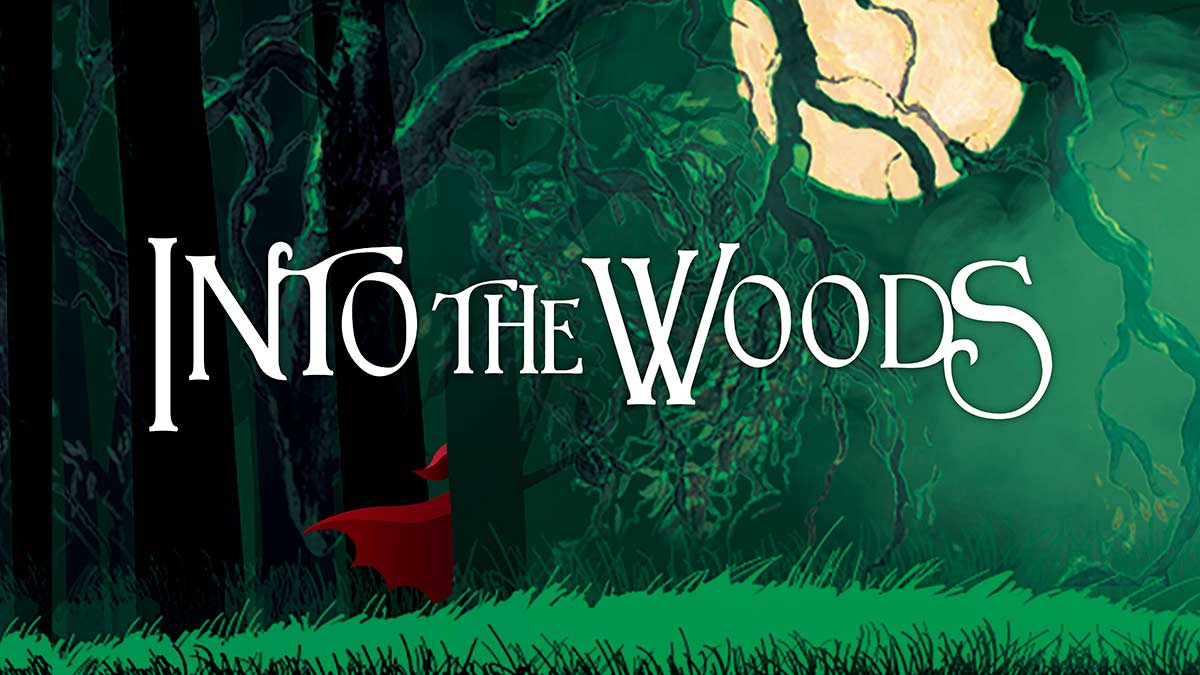« Back
Stephen Sondheim’s 89th birthday was March 22nd of this year. Music Theatre International contacted teachers and artists from all over the country requesting that birthday wishes be sent to him. They asked that the notes close with the phrase“So help me, Sondheim”. Indeed, Sondheim is revered as “the God of theatre” by many. His work shaped a generation - and continues to transform audiences everywhere. Outpourings of love, treasured by every one, must be especially poignant for Mr. Sondheim.
HIs childhood was marked by paternal absence, and a mother who seemed to disdain him. Prior to her death, his mother penned him a crushing note, asserting in a final burst of strength, “I have one regret in life - giving birth to you.” The pain, however, surely had a purpose - planting within him seeds of greatness, which reaped a harvest that forever changed the American stage.
Family relationships are resurgent themes in his works, and part of his brilliance lies in repurposing elements from Shakespeare, fairytales, history, and theatrical forms - from Epic Theatre to Post Modernism. Popular works among his many Broadway blockbusters include Gypsy, West Side Story, and Sunday In thePark with George.
In Pacifica’s production of Into the Woods, audiences will embark on a journey reminiscent of the medieval morality play Everyman, or the classic novel Pilgrim’s Progress - without the overt scriptural references, and including breathtaking, groundbreakingly complex music. The characters, journeying through life, have dreams and desires which lead them to make selfish choices. Their decisions impact the trajectory of their own lives, the lives of those they love, and the very environment in which they live.
Familiar storybook characters wind their way into a mysterious forest where they confront a dangerous giant and come face to face with the metaphorical giants in their own lives, perhaps even more dangerous than the one threatening to crush them. Jack (of Beanstalk fame), Little Red Riding Hood, Cinderella, and her wicked stepsisters, along with a wicked witch, are among the archetypal characters that co-mingle with a simple baker and his wife, whom Sondheim described as a”typical couple from Brooklyn”. Audiences can see, through the course of the play, the idea of virtue as a weapon against chaos.
Also reinforced is the verity that humans make mistakes, and mistakes are an integral part of our existence. In the end, we learn: “…hard to see the light now, just don’t let it go…things will come out right now, we can make it so…” The world can be frightening and dangerous. It is also miraculous and hope-filled, and “No one is alone” - a powerful and comforting assurance that audiences will remember, as they discuss their own “woodland journeys” on the way home from the performance.
The Metaphorical Significance of Into the Woods
March 26th, 2019
Posted in the category Arts.








.jpg?v=1677078481949)


_-2.jpg?v=1677078725816)
.jpg?v=1677078837139)
